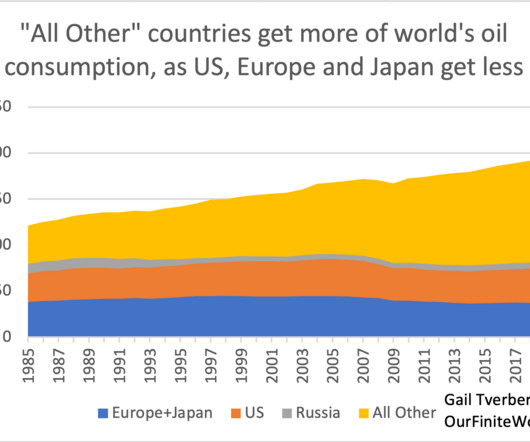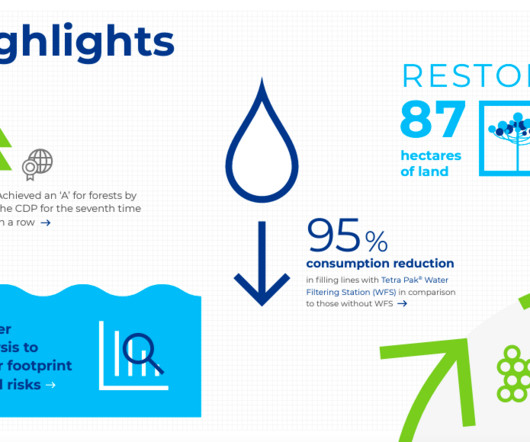FedEx Takes Delivery of Sustainable Aviation Fuel (SAF) From Neste at LAX
3BL Media
JUNE 9, 2025
Recognizing the important role of air cargo in the global economy, FedEx is demonstrating how this industry can leverage available lower-emission solutions like SAF to reduce its environmental impact. FedEx set its first aviation emissions intensity reduction goals back in 2008. While SAF production continues to grow in the U.S.














Let's personalize your content